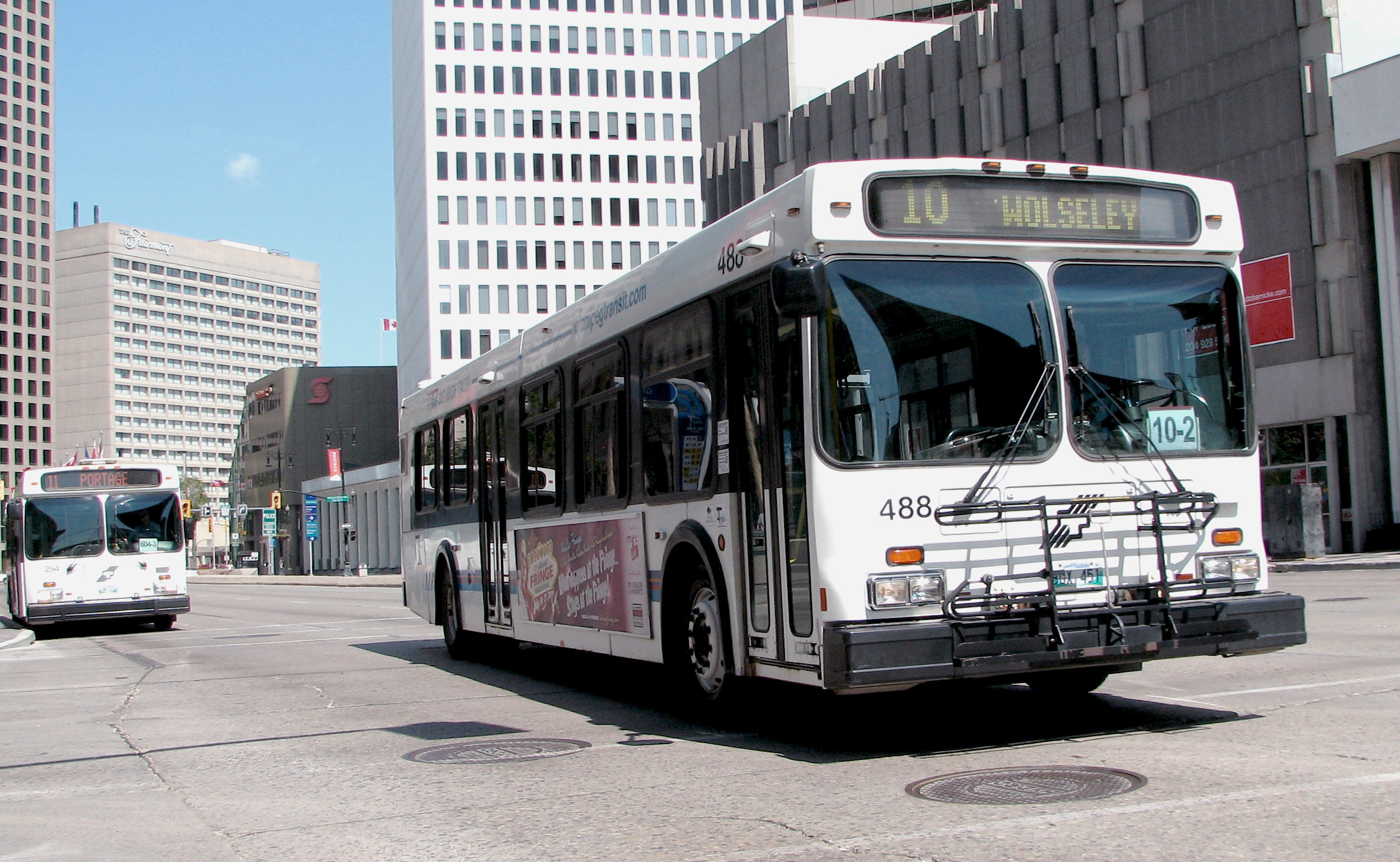Winnipeg Transit workers are refusing to sign a new city contract in what is turning out to be a significant labour battle.
The Amalgamated Transit Union (ATU) local 1505 — the union representing Winnipeg transit drivers, mechanics and workers — announced that its membership voted overwhelmingly to reject the city’s second contract offer May 31. Winnipeg Transit workers have been working without a contract since the current one expired in January.
The contract proposed to ATU local 1505 is not a good one. It offered pay increases that are below the rate of inflation and seemed to fail to address working condition issues related to safety ATU local 1505 has identified as important to its membership.
In an attempt to put pressure on the city to get serious about negotiations, the ATU has implemented some innovative job actions. On May 14, Winnipeg Transit bus drivers did not collect fares from passengers. This placed pressure on the city to move toward ATU local 1505’s demands while building solidarity with passengers. This fare strike was the first of its kind to be held in any North American city.
Effective June 3, ATU local 1505 announced its drivers would cease all voluntary overtime.
The precise language and provisions of the contract in question are not available. Both ATU local 1505 and the city have mostly conducted negotiations in private.
Nevertheless, there is a detail of the city’s proposal for ATU local 1505 released which demonstrates the Faustian bargain laid before Winnipeg Transit workers.
ATU local 1505 president Aleem Chaudhary said the city wanted the new contract to include the ability to hire 200 part time bus operators paid “at wages $10 less than the average for regular operators with no pension or benefits.”
While passing the contract would have meant Winnipeg Transit workers could keep what they have bargained for over their bargaining history, it would have meant dooming many new hires to a life of precarity.
On the surface, this offer seems ridiculous. Why would union members destroy the jobs and benefits that were the product of decades long struggle for so many new hires? This type of deal with the devil, however, has been effective at degrading many union jobs in Canada.
For example, in 2012 the Canadian Auto Workers union agreed to establish a two-tiered wage scheme for new hires at Ford Motor Company and General Motors Company (GM). Existing workers would maintain their wages under the newly passed model, while new hires would start at a lower wage and take nearly twice as long to reach the highest wage on the pay scale.
The central pressure on auto workers at the time, which continues into the present, was the spectre of outsourcing. Ford and GM have integrated production and sale of their vehicles throughout North America. The possibility of moving a production facility to a low-wage portion of the U.S. or Mexico is a real threat under the current trade regime in North America.
These two-tier wage schemes are truly a Faustian bargain, trade realities notwithstanding. Beyond diminishing the quality of a job, these two-tier systems develop a natural antagonism between new hires and old hires. Those on the second tier have lower wages and often fewer benefits. This inevitably produces a disgruntled view of the union’s effectiveness for and allegiance to new hires. Overall, the two-tier system can maintain support for union leadership in the immediacy, but it can mark the death knell for sustained support and the social base for a union in the long run.
ATU local 1505 will never accept the city’s Faustian bargain. Winnipeg Transit drivers serve 130,000 passengers every day.
Unlike the two-tiered deals afforded to auto unions, the city cannot simply transplant these Winnipeggers to a lower-wage pool of labour.
However, the very act of proposing such a poisonous pill for transit workers to swallow demonstrates the adversarial relationship the city is taking, under mayor Brian Bowman’s leadership, toward organized labour.
Arguably, Bowman is angling for transit workers to go on strike to imperil the patrons of Winnipeg Transit. The proposed contract is an outright provocation which may force many who rely on transit workers into a desperate situation if transit workers strike. Perhaps the ultimate goal of the city is to have ATU local 1505 swallow their poisonous pill with the public supporting the act.
But given the solidarity ATU local 1505 has built with its patrons and the actions of organized labour recently, it is likely that Bowman’s plan will backfire.
Patrons will see that it is the city who holds the key to stable public transit labour and it is threatening its stability with bad contract proposals.
Winnipeg Transit’s management should end its games and let transit workers continue providing an essential service for the city.
Enough is enough.
The city must end its Faustian schemes and sign ATU local 1505’s proposed contract.





